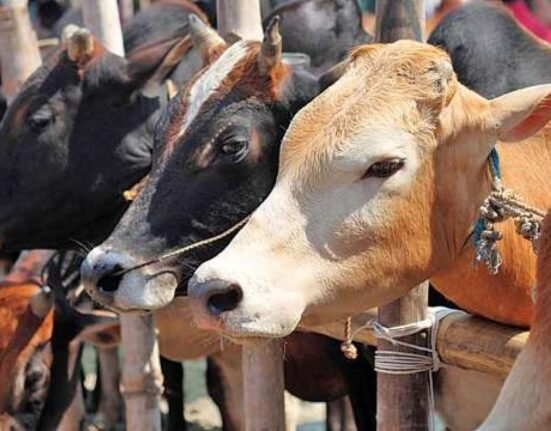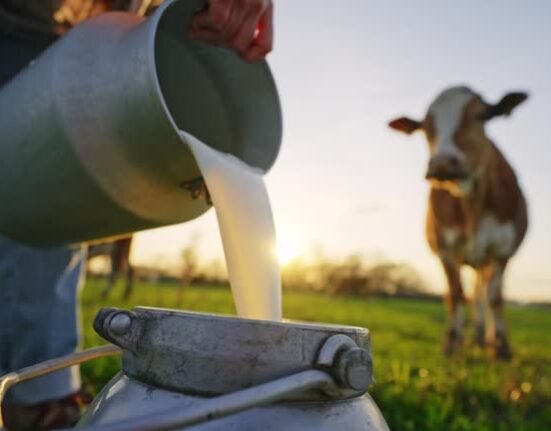Centre Reinforces Commitment to Food Safety Amid Rising Concerns Over Dairy Adulteration
New Delhi, March 26 (UNI): In a strong reaffirmation of the government’s commitment to public health, Union Minister for Food and Public Distribution Pralhad Joshi on Wednesday assured Parliament that the Centre takes prompt and stringent action on any complaint related to food adulteration, especially in commonly consumed items such as paneer and khoya.
“We treat every complaint with urgency. If a food item is found unfit for human consumption, criminal proceedings are initiated without delay,”
— Pralhad Joshi, Union Minister for Food and Public Distribution
Speaking during Question Hour in the Lok Sabha, Joshi was responding to concerns raised by MP Ravindra Waikar about the growing threat of adulteration in dairy products—a sector crucial not only for nutrition but also for livelihoods across India.
A Nationwide Network of Food Surveillance
Highlighting the infrastructure in place, Joshi noted that the Food Safety and Standards Authority of India (FSSAI) operates a robust testing and enforcement framework. India currently has 242 food testing laboratories, and food safety authorities are present at national, state, and district levels to ensure continuous monitoring and swift response.
The government is also leveraging digital platforms and social media to crowdsource complaints and raise awareness.
“We use social media extensively—not just for outreach but also as a tool to track and respond to food safety issues in real time,”
— Joshi
A Public Health Challenge with High Stakes
India, one of the world’s largest consumers and producers of milk and dairy, continues to face sporadic incidents of adulteration—ranging from the use of non-dairy fats to the presence of harmful chemicals in milk-based products. Such cases not only threaten consumer health but also erode trust in local dairy systems.
According to FSSAI reports, milk and milk products are among the top five categories in which non-compliance and adulteration are most frequently detected. With dairy being a staple across Indian households, especially among children and the elderly, the implications are severe.
Public health experts have long advocated for stricter penalties, stronger enforcement, and better consumer awareness as key pillars of reform. In this context, Joshi’s remarks in Parliament signal a policy direction that places consumer safety at the core of India’s food system.
Consumer Helplines and Legal Recourse
Joshi also pointed to the growing role of the National Consumer Helpline, which has evolved into a crucial channel for citizens to report food safety violations and receive assistance.
“The National Consumer Helpline is no longer just a feedback tool—it’s now a frontline instrument for consumer protection,”
— Joshi
Looking Ahead
While the government’s response mechanisms are in place, experts suggest that success in curbing adulteration will also depend on cross-agency coordination, capacity building at the state level, and investment in modern food testing infrastructure.
For now, the message from the Centre is clear: food safety is not negotiable.







